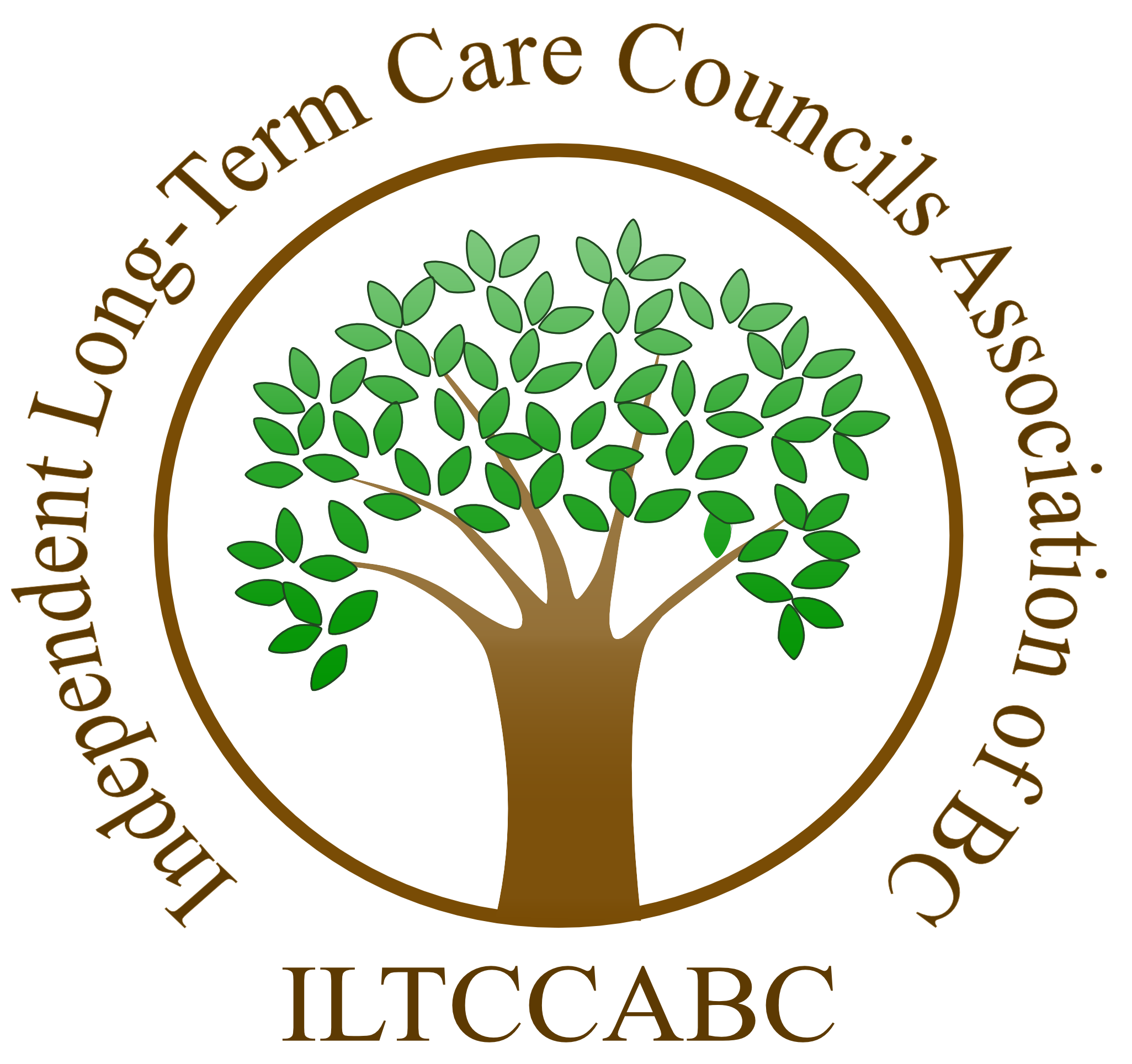
Quick recap
The meeting featured a presentation from Jay Chalk, the BC Ombudsperson, who discussed the office’s role in investigating complaints and ensuring administrative fairness across public bodies in British Columbia. Jay explained the Ombudsperson’s jurisdiction, powers, and processes for handling both individual complaints and systemic issues, particularly in long-term care facilities, while highlighting examples of cases that led to policy changes and improvements. The session concluded with discussions about ongoing concerns regarding long-term care standards and facility operations, with attendees encouraged to bring forward their issues to the Ombudsperson’s office for review and action.
Next steps
- Family Councils: Write to the Minister of Health, your Health Authority, the CEO of care homes, your MLAs, etc., regarding concerns about mixing populations (mental health and addiction) requiring different types of care in long-term care facilities
- Family Councils: Submit Freedom of Information requests to health authorities and the Ministry of Health to obtain data on the number of substance abuse/addiction patients in long-term care
- Family Councils: Submit individual complaints to the BC Ombudsperson’s office regarding specific cases of unfair treatment in long-term care facilities
- Family Councils: Contact the College of Nurses to clarify any regulatory limitations preventing nurses from administering IV treatments in long-term care facilities
- ILTCCABC: Follow up with the BC Ombudsperson’s office with any additional technical questions from the meeting participants
Summary
BC Ombudsperson’s Long-Term Care Advocacy
Jay acknowledged the progress made in supporting family councils over the past decade and emphasized the importance of their work in advocating for residents in long-term care. He provided an overview of the Ombudsperson’s role in investigating complaints and ensuring administrative fairness, highlighting ongoing efforts to serve Indigenous communities better. The session concluded with Jay inviting attendees to share their individual concerns/cases and insights directly with his office.
Ombudsperson’s Office Role and Functions
Ombudsperson’s Public Sector Jurisdiction
Jay explained the broad jurisdiction of the Ombudsperson’s office (provincial government ministries, health authorities, education sectors, Crown corporations, local governments, and professional regulators). He noted several areas where they cannot investigate, such as the Federal government, police conduct, court decisions, First Nations governments, and private disputes. Jay also discussed the referral process for cases falling outside their jurisdiction and explained how they handle complaints about long-term care facilities, whether public or private.
Ombudsperson Complaint Investigation Process
Jay discussed Ombudsperson’s role in investigating complaints against public bodies and their proactive measures to prevent issues. He explained the intake process, including how complaints are assessed and handled, and described the Ombudsperson’s authority to conduct investigations and issue reports. Jay also highlighted the importance of monitoring public bodies’ commitments to improve fairness and accountability. It was recommended that family councils review the Ombudsperson’s Annual Reports. The most recent highlights how one complaint about public services can benefit many British Columbians. September 19, 2024
Ombudsperson’s Role and Administrative Fairness
Jay explained the role and powers of the Ombudsperson’s office, emphasizing that while they cannot issue coercive orders, their recommendations are based on thorough investigations and analysis, which often lead to more enduring and beneficial changes. He described administrative fairness as having three aspects: procedural fairness, decision-making fairness, and fair service, and outlined the criteria for determining administrative unfairness, which include acting contrary to law, being oppressive, discriminatory, or arbitrary, among other factors. Jay also highlighted the importance of transparency, accessibility, and individualized reasoning in administrative processes.
Long-Term Care Complaint Statistics Review
Jay presented statistics on long-term care complaints, noting that about 7,000-8,000 cases are received annually, with about 20% requiring investigator involvement. He shared two case examples: “Rae”’s case involving delays in hospital care to long-term care transfer and staffing concerns, which was resolved through prompt communication with Island Health; and “Sherry”’s case regarding her sister Luna’s sexual assault in a Northern Health long-term care home, where they discovered policy gaps in handling the situation.
Hospital Safety. Accountability and Outcomes
Jay discussed a case involving a sexual assault at a long-term care home under the Hospital Act, which lacks mandatory investigation requirements compared to facilities under the Community Care and Assisted Living Act. Northern Health acknowledged this oversight gap and implemented policy changes, including increased accountability and staff training. Jay highlighted how individual complaints could lead to systemic changes and mentioned ongoing investigations into civil rights protections and educational exclusions. He also reviewed the “Best of Care” investigation into seniors’ care, which resulted in multiple reports addressing complaint handling, standards, and facility closures, leading to legislative improvements.
Ombudsman’s Role in LTC Facilities
Jay discussed the role of the Ombudsman’s office in handling individual complaints and systemic issues in long-term care facilities. He emphasized that while systemic investigations are valuable, individual complaints often lead to quicker results due to resource constraints in pursuing systemic issues. Jay encouraged family councils to bring forward both systemic and individual issues to his office.
Family Council conversations targeted:
- The concern about the lack of consistent standards across long-term care homes
- The growing issue of substance users in long-term care.
Example: Long-term care facilities turning into being built near Squamish, which will accommodate people with mental health and addiction issues alongside seniors. Squamish letter: Resident raises concerns over mixed supportive housing plan. Jay advised concerned individuals to send a letter to his office and potentially contact the minister and health authorities to address these concerns.
Link to the presentation is here:
https://drive.google.com/file/d/14vxYYx5XNcNDfDtZXzguxFdxO3Le7NQD/view?usp=sharing

